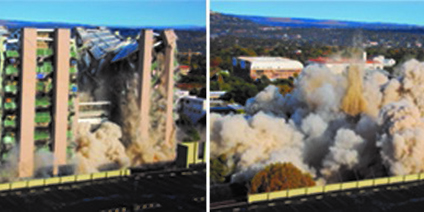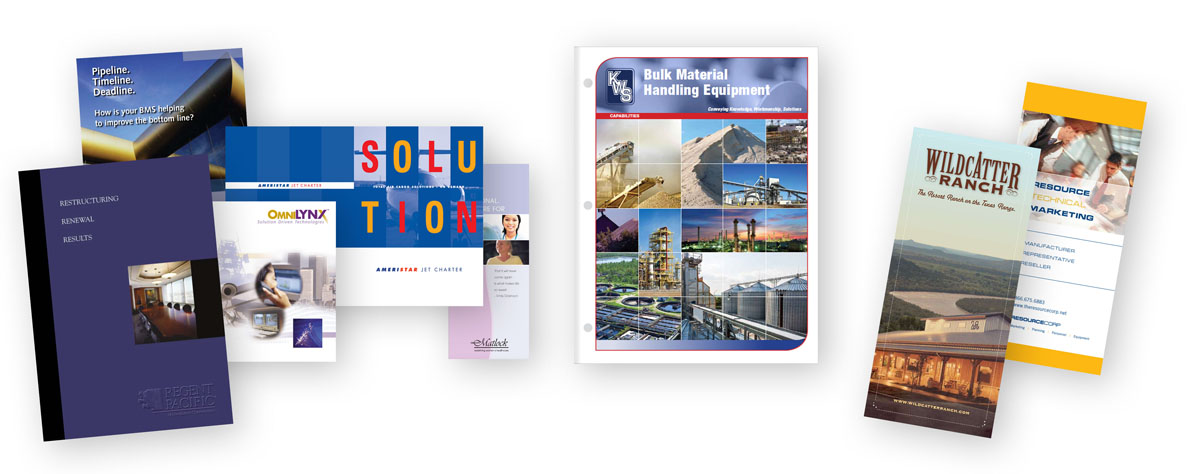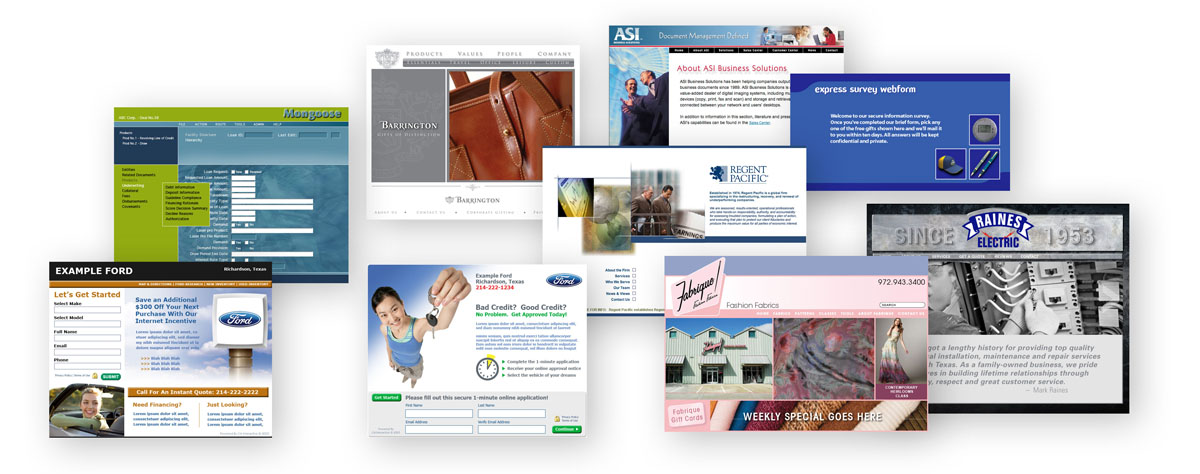Living With Our deep Differences and a Return to Civility

Living With Our deep Differences and a Return to Civility
The case for rational reasoning and intellectual integrity
So, I’m watching the tv news the other night and saw a story about (you guessed it) COVID. More important, the story was about how from the outset, epidemiologists were suggesting that the Corona virus did not follow the rational paths of evolution which every previous virus in world history had followed. They suggested that it was artificially enhanced. Not surprisingly, these researchers were silenced by loud and forceful disagreements. Moreover, people who attempted to repeat those sentiments were banned from social media for “spreading lies”.
Recently, documentation has come out that the U.S. NIH was indeed attempting to generate a super-contagious virus at none other than Wuhan labs, not for some subversive purpose but for the means of studying it in case a naturally evolved virus with similar characteristics erupted on the world stage. Good motives, bad choice of labs – Wuhan had a history of lax safety enforcement. But more important, those challenging the party line were silenced.
Rewind the history camera if you will (and if you’re old enough) to the Vietnam War. I can remember watching evening news casts that ended with pro-Vietnam War commentators giving their take of the day’s news followed by anti-Vietnam War commentators elucidating their position. Although I was too young to have a strong opinion favoring either point of view, it was interesting to hear adults making a perfectly logical and non-hysterical case for their interpretation of history in the making.
How did we get from point A in 1967 to point B in 2021?
Fast-forwarding to the present, I recently had the opportunity of listening to a smorgasbord of great speakers, albeit a bit after the fact (their original talks were given around 2010). One of the speakers who made great sense was a fellow named Os Guinness, the great-great-grandson of Sir Arthur Guinness, the beer dude. Though I’d heard his name before, I had no idea what his credentials might be nor what world view he might espouse.
As it turned out, he wanted to talk about the first amendment to our constitution and the critical difference it made to the development of this nation versus other countries. More important, he related how it represents the foundation of every other right. What use is the right to assembly if we can only assemble to hear the “approved” message? What use is the right to freedom of conscience (i.e. religious liberty) if we are not allowed to publicly proclaim our beliefs?
The first amendment set the stage for public interaction, both agreeable and disagreeable, as a means of healthy growth. Not unlike the Greek Agora or the Roman Forum, the public square was meant to be a free-wheeling kaleidoscope of diverse, even objectionable, thought — with reason and intellectual integrity acting as referees by weeding out the lies and elevating the truth.
In the mid- to-late twentieth century, two things began to evolve almost simultaneously that greatly eroded our foundational freedom. First, back in the mid-1960’s some guys at MIT (none of which was Al Gore) began tinkering with a system of unified programming and switching which would evolve into the Internet and later into the Worldwide Web. It made our world a tiny place where immensely different world views could rub up against each other every minute of every day. The “public square” exploded in size. Now, a simple remark made to a close friend on social media could suddenly spark an outcry on the other side of the planet.
The second factor was a slow but steady erosion of our definition of truth. Up until the mid-twentieth century, a rational weighing of opposing views was generally thought of as the surest path to truth. As moral relativism began to mushroom in the 1960’s and we all became the gods of our own domain, a new schism evolved. What happens when two really good people or even two really good groups of people hold diametrically opposed beliefs and neither is willing to budge?
Stalemate and chaos.
The following observation from Os Guinness’ latest book “Last Call for Liberty”, highlights some of our more serious stalemates.
“There is no question that urgent and controversial problems are now bristling on America’s national agenda and debated fiercely in countless elections and across a thousand forums. At the end of the Bush and Obama administrations, for different reasons, the United States stood with its international leadership called into question. Having squandered the historic opportunity of its unipolar moment following the collapse of the Soviet Union, the United States is weaker now than it has been since before the beginning of World War 2. But more importantly, the United States is facing a heaving sea of problems at home: hollowed-out beliefs and weakened ethics; declining trust in institutions and leaders; self-enriching elites; cancerous racism; pay-for-play and dirtbag politics; politicized criminal justice; crony capitalism; blinkered higher education; collapsed civic education; biased mainstream press; journalistic collusion with political interests; politicized corporations; decaying infrastructures; crippling national debt; a surveillance state spying on its own citizens; porous borders; a demographic time bomb; failing inner cities that are the equivalent of failing states elsewhere; fractious culture warring; a toxic madness of gossip, suspicion, cynicism and conspiracy theories; open talk of states’ secession; an epidemic of opioid addiction; a swollen prison population; widespread symptoms of social stress, anxiety, and loneliness; a rise in suicides, and now a deadly attempt by both Left and Right to undermine each other’s legitimacy as ‘American’ and ‘democratic’.”
So, what’s the solution? How do we gird up our fragile egos and stop branding everyone who disagrees with us as “offensive” or “haters”? How do we get back to having civil discussions about wildly (or even mildly) divergent viewpoints? If we cannot overcome these differences in our personal lives, how on Earth do we expect to overcome them in the corporate setting? And if we cannot overcome them in the corporate setting, how on Earth do we hope to survive?
“The wisdom of the prudent is to give thought to their ways, but the folly of fools is deception.”
― Proverbs 14:8











